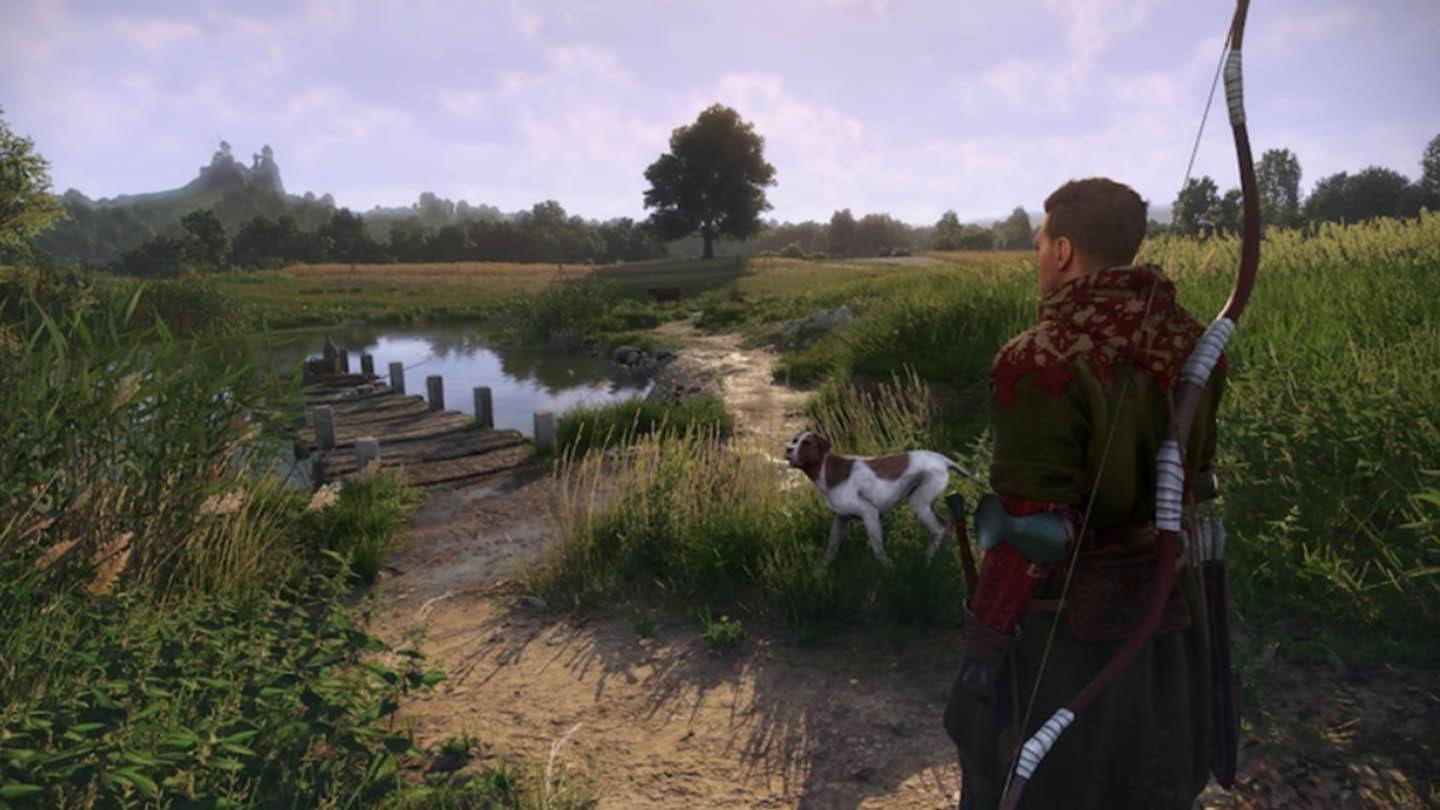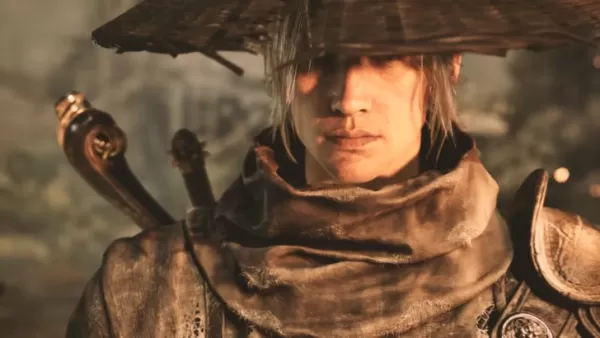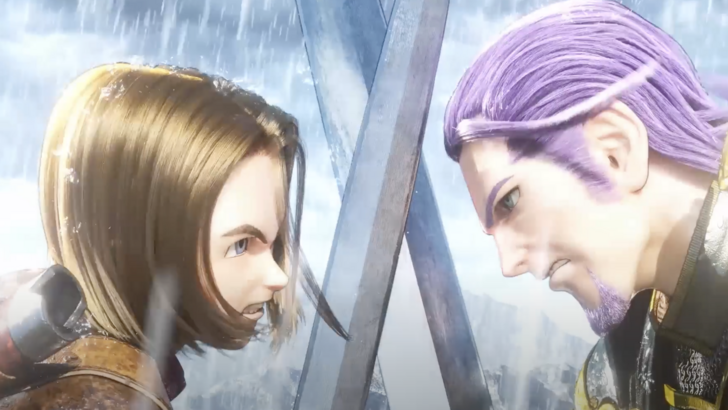Reinvention Is Key to God of Wars’ Continued Success
- By Matthew
- May 13,2025
The God of War series has been a cornerstone of PlayStation gaming since its debut in 2005, captivating players across four console generations. Initially, few could predict the trajectory of Kratos, the vengeful protagonist who ascended to become the new god of war. While many long-standing franchises struggle to remain relevant, God of War has thrived by embracing change. The most transformative shift came with the 2018 reboot, which relocated Kratos from the familiar landscapes of Ancient Greece to the rich tapestry of Norse mythology. This move not only altered the series' setting but also revolutionized its gameplay and narrative style. Yet, even before this pivotal reboot, Sony Santa Monica introduced numerous smaller changes that kept the series fresh and engaging.
Looking ahead, reinvention remains crucial for God of War's ongoing success. The transition to Norse mythology sparked discussions about potential future settings, with director Cory Barlog expressing interest in exploring Egyptian and Mayan mythologies. Recent rumors have reignited speculation about an Egyptian setting, fueled by the allure of its unique culture and mythology. However, a new setting alone isn't enough; the series must continue to evolve in the same innovative way it did when transitioning from the Greek trilogy to the Norse saga, enhancing successful elements while introducing fresh innovations.
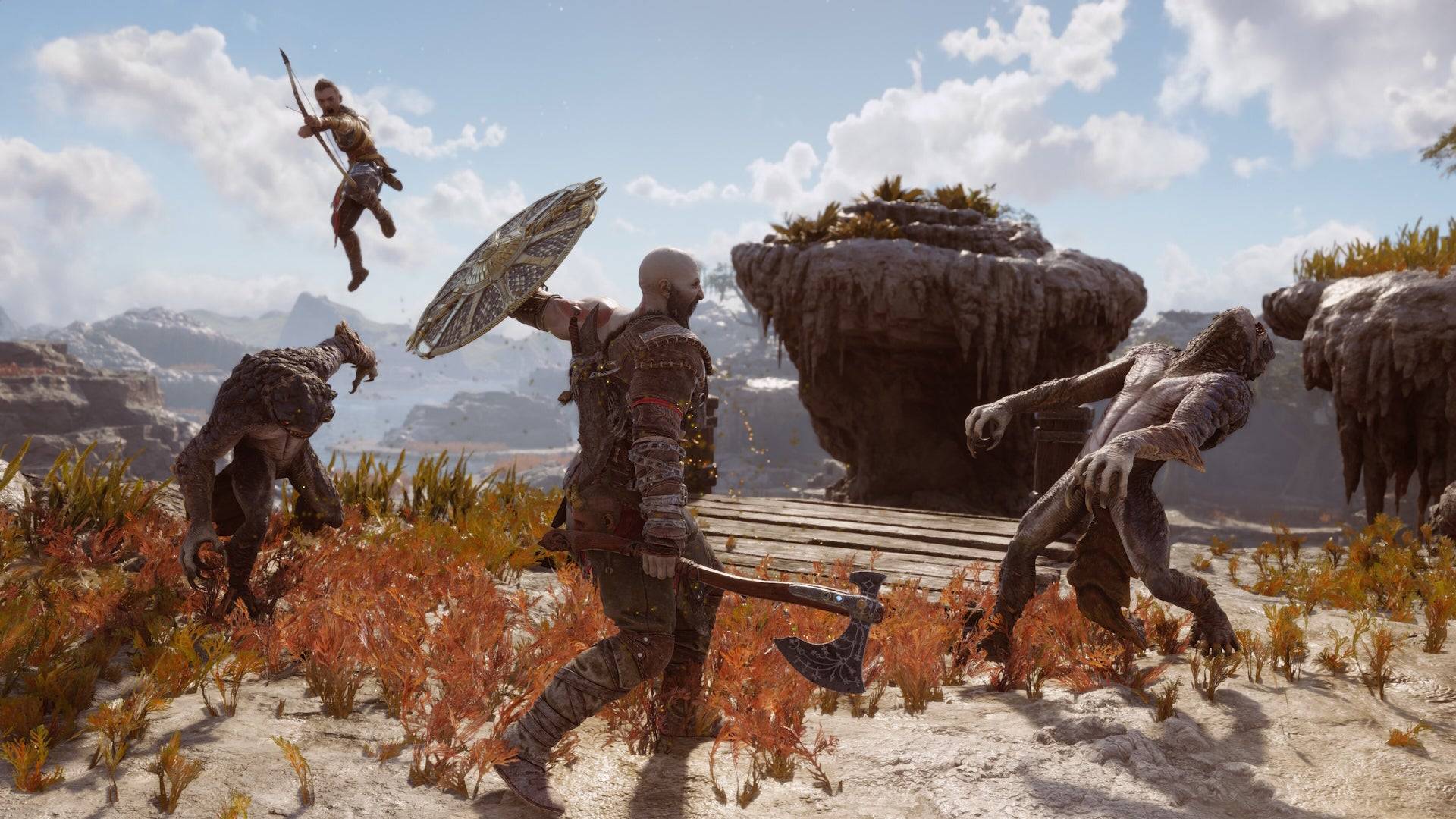 God of War's combat evolved significantly with the Norse games, yet retained the intense spirit of the original Greek trilogy. | Image credit: Sony
God of War's combat evolved significantly with the Norse games, yet retained the intense spirit of the original Greek trilogy. | Image credit: Sony
The series has consistently embraced change with each new installment. The original Greek trilogy, spanning a decade, refined its hack-and-slash mechanics, culminating in the polished gameplay of God of War 3. This final chapter, designed for the PlayStation 3, leveraged the console's enhanced capabilities to deliver stunning visuals and dynamic camera angles, enriching the combat experience with a revamped magic system and diverse enemy encounters.
The 2018 reboot marked a departure from some core elements of the Greek trilogy. The platforming and puzzle-solving that were integral to Kratos' journey in the original games were largely replaced. The shift to a third-person, over-the-shoulder camera perspective necessitated this change, as it was less suited to the platforming sections. Puzzles remained but were reimagined to complement the new adventure-focused design.
The roguelike DLC, Valhalla, for God of War Ragnarök, exemplifies the series' commitment to revisiting and reimagining its roots. It reintroduced battle arenas, a beloved feature from the Greek games, adapted for the Norse setting. This mechanical return was mirrored in the narrative, as Kratos confronted his past in Valhalla, invited by the Norse god Týr, symbolizing a full-circle moment in his journey.
The Norse era of God of War introduced numerous innovations, including the Leviathan Axe's unique throwing mechanics, a combat-defining parry system with various shield types, and the magical spear in Ragnarök, which enabled a faster, more explosive combat style. These elements facilitated exploration across the Nine Realms, each with distinct enemies, visuals, and characteristics.
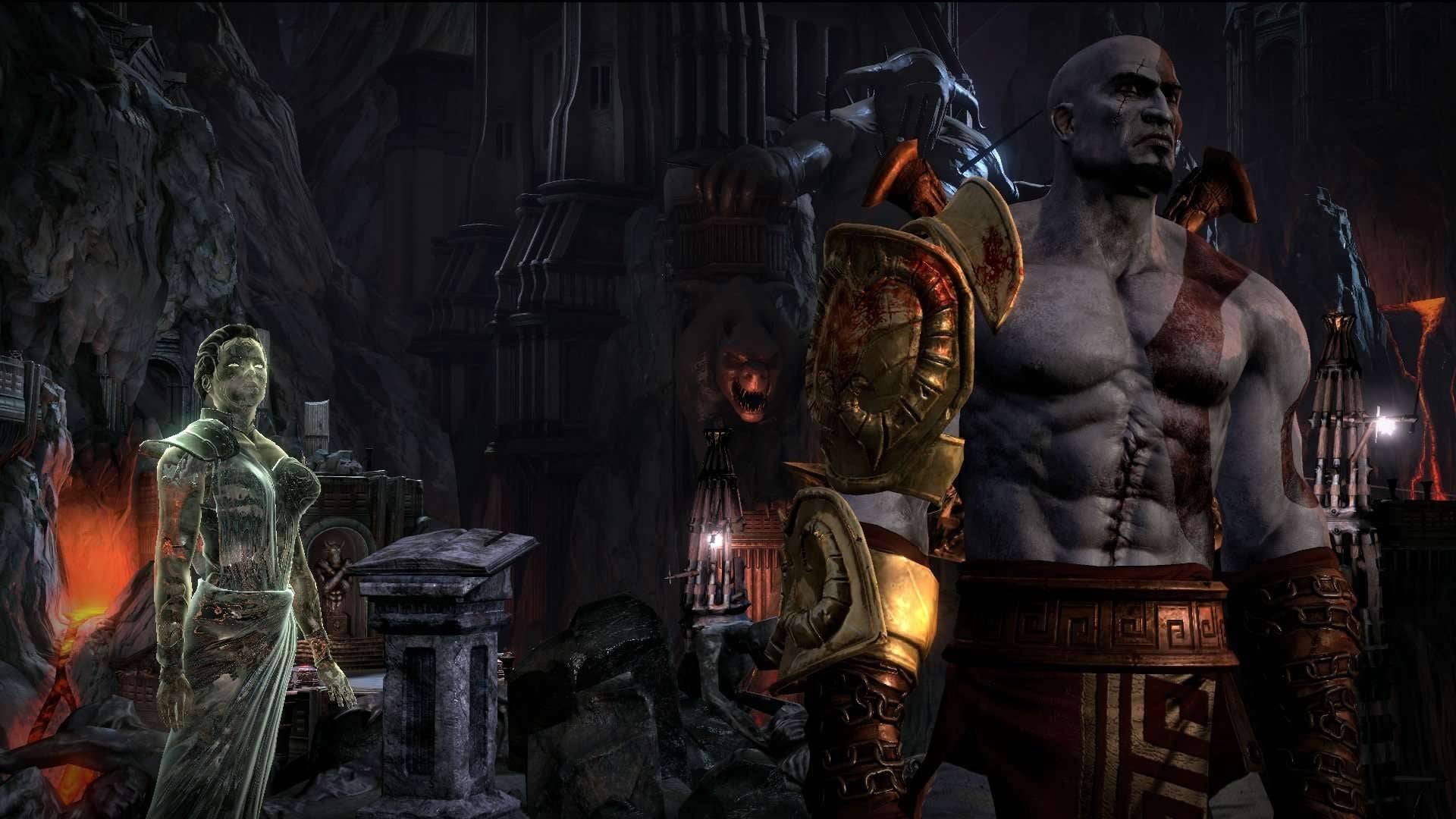 While the original trilogy had strong writing, the Norse duology elevated God of War's storytelling to new heights. | Image credit: Sony
While the original trilogy had strong writing, the Norse duology elevated God of War's storytelling to new heights. | Image credit: Sony
The most striking evolution in the Norse games is in storytelling. The narrative delves deeply into Kratos' emotional journey, exploring his grief for his late wife and his complex relationship with his son, Atreus. This focus on character development and emotional depth marks a significant departure from the more straightforward, action-driven storytelling of the Greek trilogy. The Norse era's success can largely be attributed to this more nuanced approach to narrative.
God of War's success in both mechanical and narrative reinvention stems from a unique perspective on franchise development. The creators view the Norse games not as traditional sequels but as extensions of Kratos' journey. This mindset should guide future installments, ensuring they build upon the series' core strengths while pushing boundaries.
The mixed reception to Assassin’s Creed's shifts in style underscores the risks of straying too far from a series' roots. While God of War's Norse reboot was a radical change, it never lost sight of what made Kratos and the series compelling. It preserved the essence of the Greek trilogy's intense combat while introducing new elements like Spartan Rage, diverse weapons, and varied combat options. These enhancements deepened the series' identity and lore, a balance that any future setting, whether Egyptian or otherwise, must maintain.
As rumors of an Egyptian setting circulate, the next God of War must continue to evolve while preserving the elements that have made the series a success. The 2018 reboot focused on maintaining the high standards of combat established in the Greek trilogy. However, future games will likely be judged more on their storytelling, the true strength of the Norse duology. Kratos' transformation from a rage-driven warrior to a complex father and leader highlights the importance of narrative in the series' recent success. Whatever comes next must build on this storytelling prowess while introducing bold new changes, aiming to set a new benchmark for the God of War series.
Latest News
more >-
-
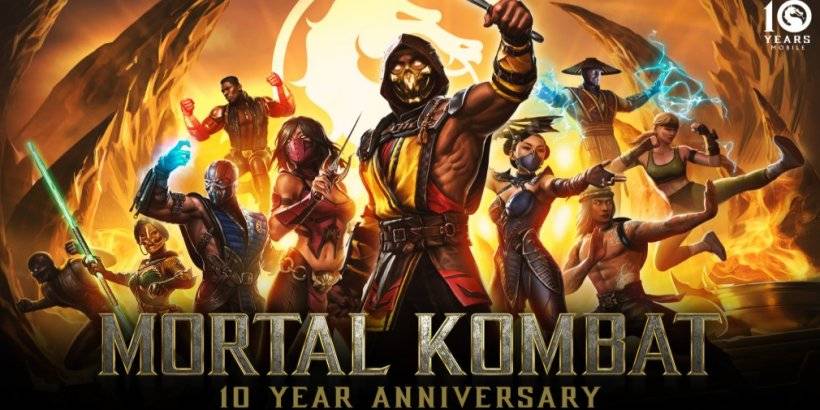
-
- Shalla-Bal Joins Fantastic Four as Silver Surfer
- Dec 21,2025
-

-
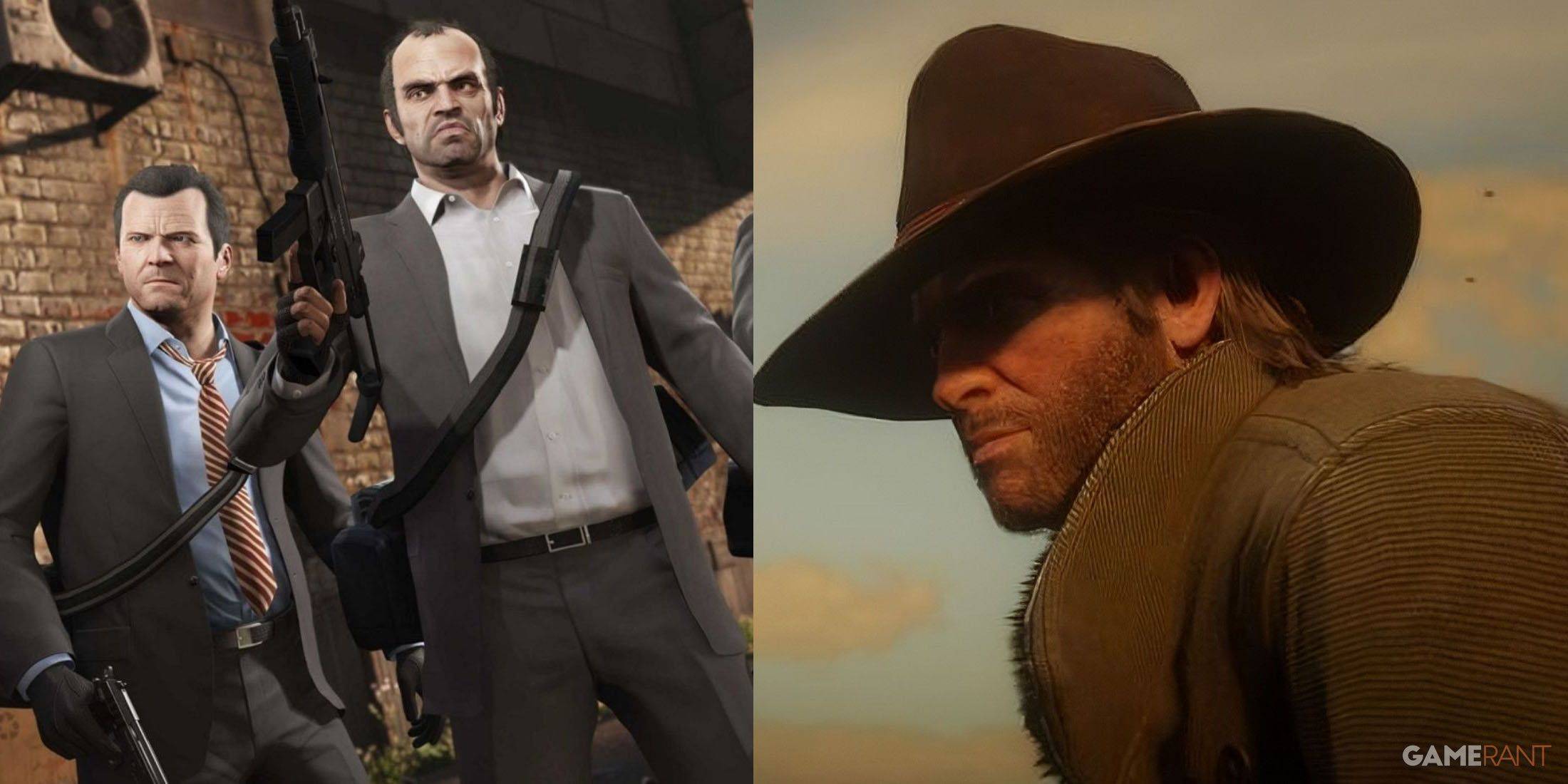
- Red Dead 2, GTA 5 Sales Stay Strong
- Dec 21,2025
